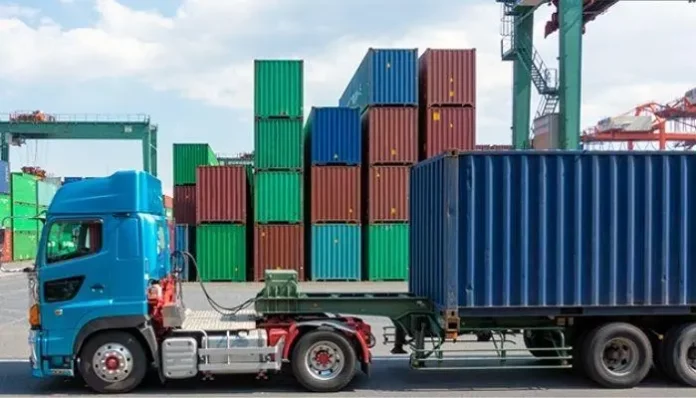By Daniel Edu
The trucking business in Lagos is facing significant challenges as illegal tolls collected by security operators and “agberos” (street touts) continue to burden truckers operating on the Apapa and Tin-can Island port corridors. Despite the government’s Ease of Doing Business policy and the introduction of the electronic call-up system, known as ‘Eto,’ truck drivers are forced to pay bribes to security officials and miscreants at over 15 checkpoints along the route. These illegal tolls contribute to the high cost of goods imported and exported through Nigerian ports.
The impact of these tolls is not limited to truck owners but affects many businesses reliant on imported inputs for production. The Director General of the Manufacturers Association of Nigeria, Segun Ajayi-Kadiri, highlighted that the cost of transporting a 40-foot container from Singapore to Apapa is comparable to the cost of moving it from Apapa to Agbara, a much shorter distance. Additionally, delays at checkpoints and within the port environment result in weeks of clearance time for cargo.
Osaretin Victor Asemota, who conducted a logistics study in the region, expressed his frustration with the excessive tolls and checkpoints, stating that Nigeria cannot progress without addressing these issues. Businesses are facing numerous challenges, including high costs, delays, and poor infrastructure, hindering economic growth and the development of the country.
Efforts have been made by the Port Standing Task Team (PSTT) to address the problems along the Apapa Port corridor with the “Operation Clear the Port Corridor” initiative. However, haulage operators still report having to pay bribes to access the port. Moving containers within Lagos from Apapa to warehouses also incurs significant costs, ranging from N700,000 to N750,000 for a 40-foot container and N300,000 to N400,000 for a 20-foot container.
Multiple checkpoints are not limited to Lagos roads, as there are approximately 16 checkpoints between Lagos and Abuja, further increasing costs for businesses. These challenges, combined with infrastructural deficits, power issues, multiple taxation, and poor road networks, continue to hamper business operations and contribute to the high cost of goods in Nigeria.
Moses Fadipe, the national coordinator of the PSTT, explained that while state actors intermittently operate along the port corridor, many checkpoints are controlled by non-state actors, particularly members of associations at the port. Efforts are being made to ease truck movement and reduce corruption along the route, but the involvement of the police is necessary for crime control.
Addressing these issues is crucial for reducing costs, improving efficiency, and creating a conducive business environment in Nigeria.

